The truth about tropical hardwoods: addressing the misconceptions and supporting the new wave of sustainably managed forests
Written by
01 October 2024
•
7 min read
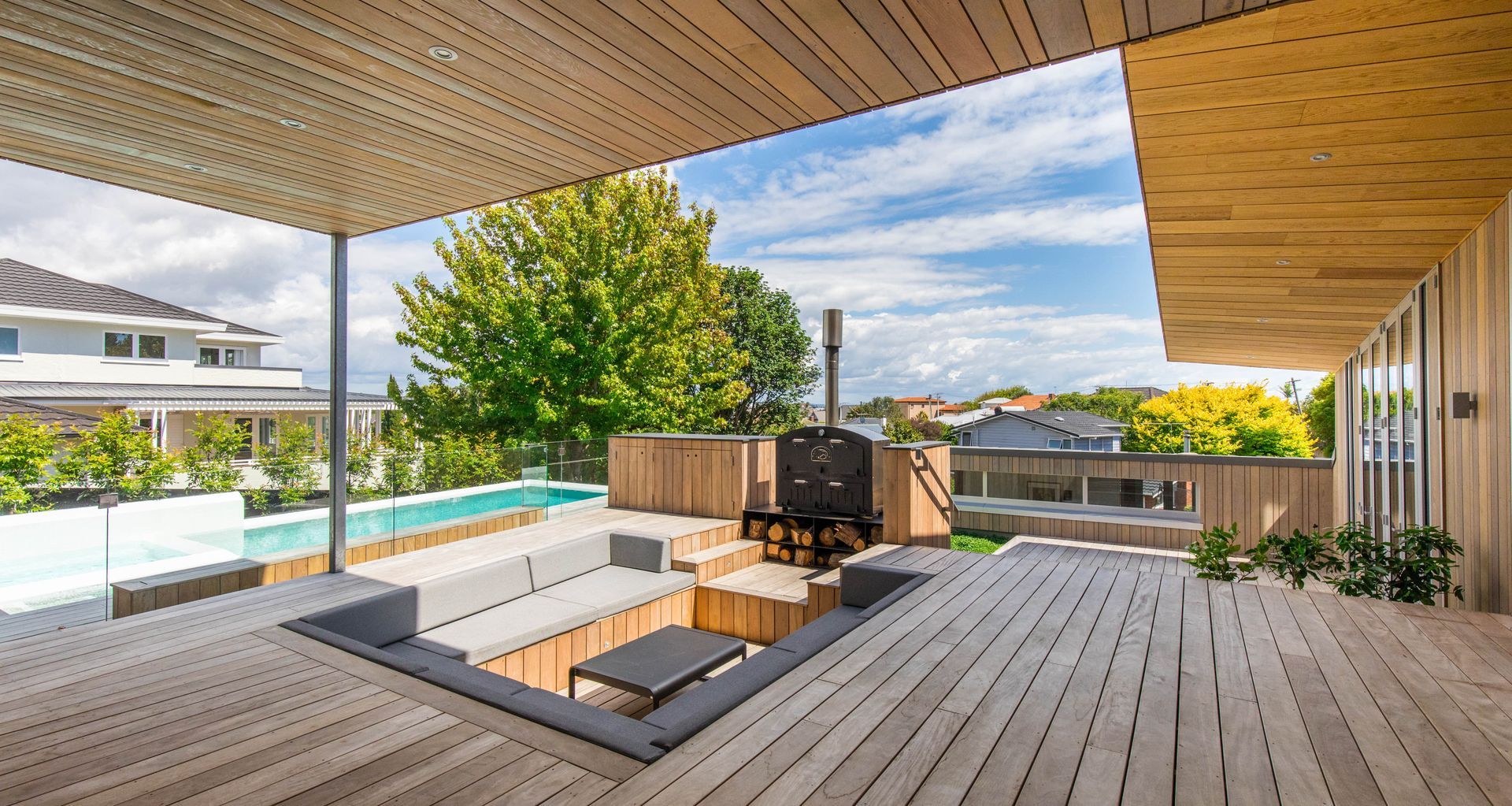
With the increased awareness and media coverage surrounding deforestation, design and building professionals are, rightly, concerned about sourcing sustainable timber for their projects. And, while there is plenty of sound evidence on the dangers of deforestation, there is also a lot of misinformation — particularly on the subject of tropical hardwoods.
Thanks to this misinformation and a lack of awareness, many misconceptions about tropical hardwoods are flourishing in the industry, leading to the development of a negative bias towards timber generally and tropical timber in particular. Passionate about supporting and sourcing from sustainable tropical forests, Malcolm Scott of JSC is eager to share his experience and explain to the industry why supporting certified tropical timber products can in fact help us build a more sustainable future for the tropical forests and the people who live within them.
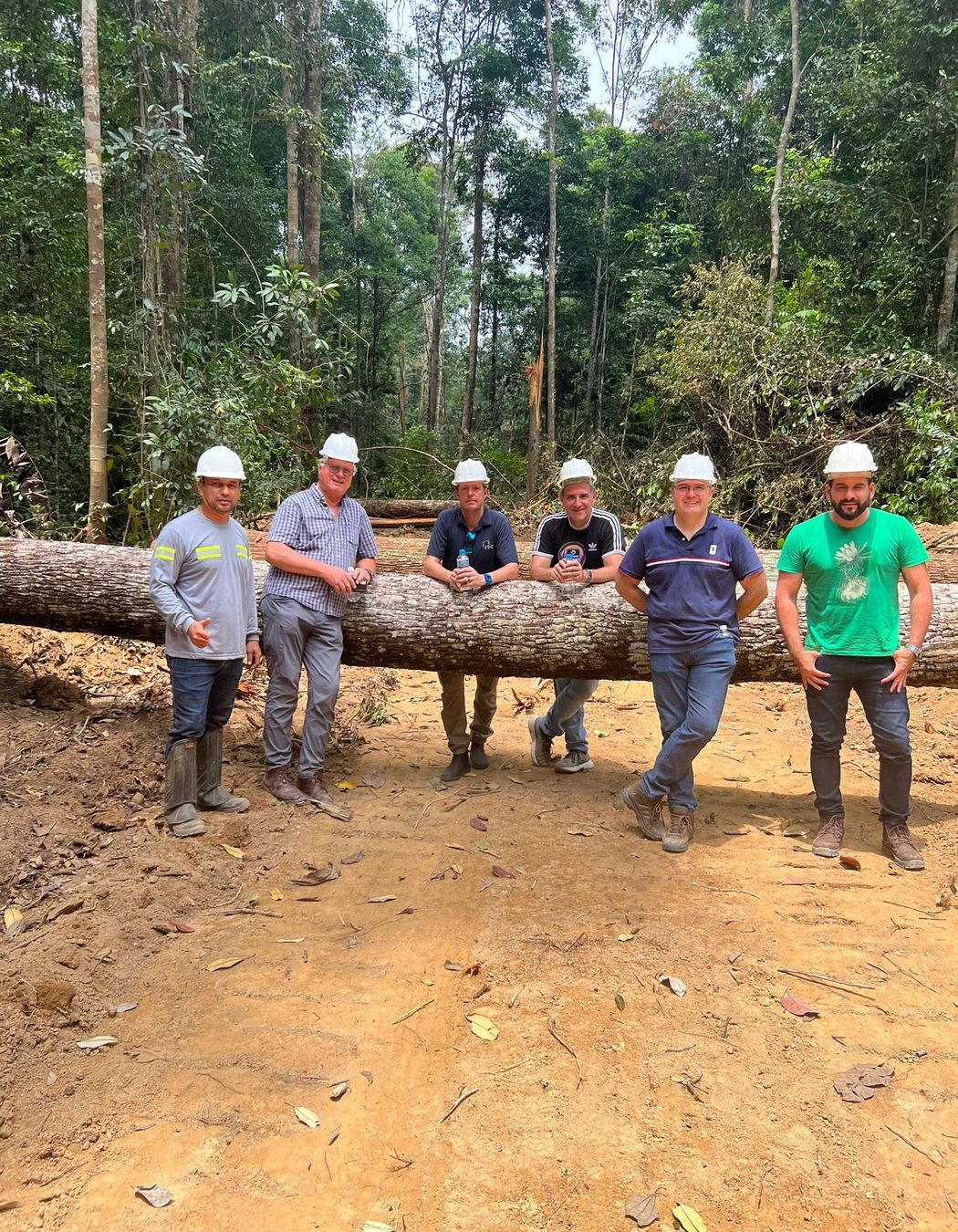
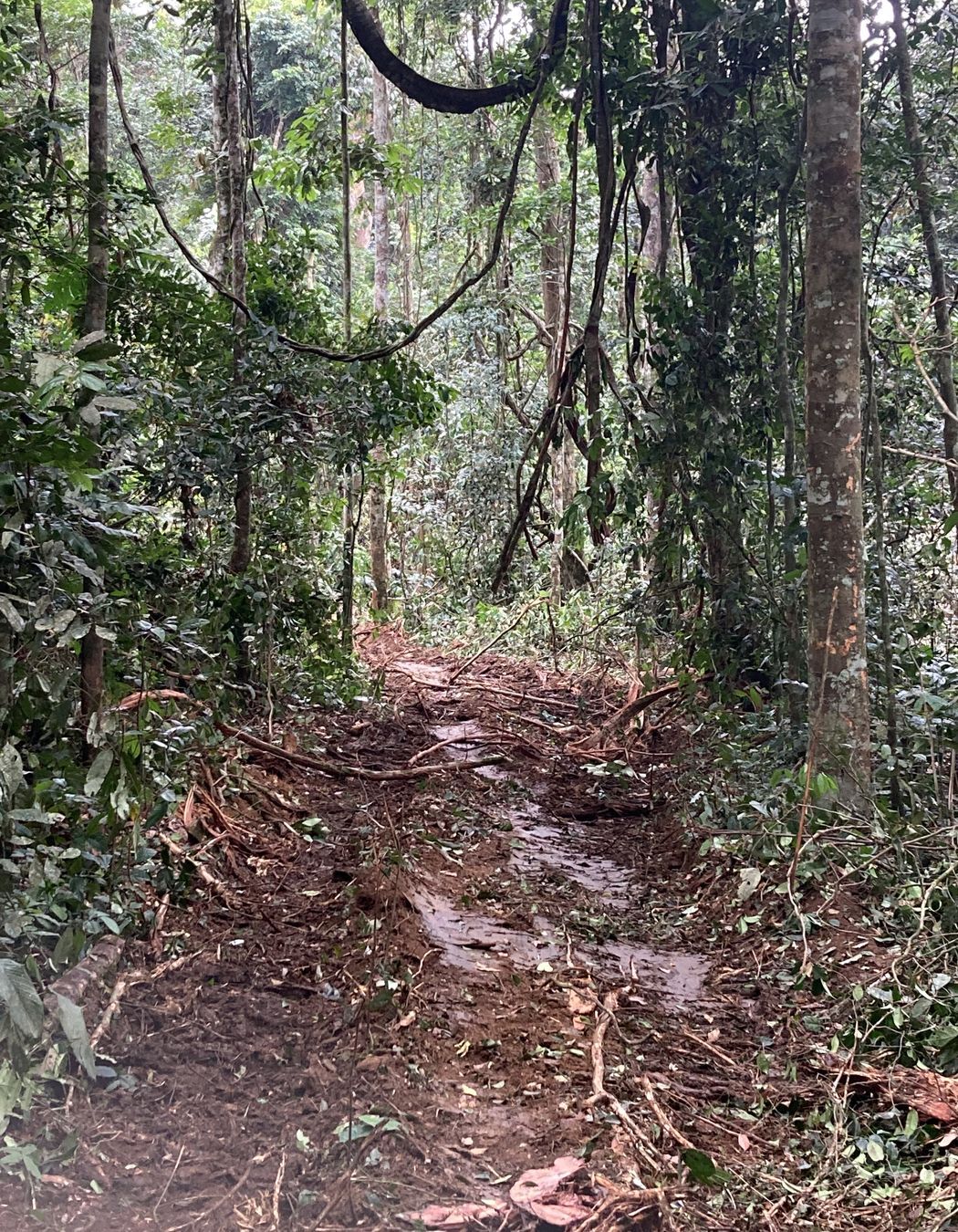
Addressing the misconceptions
“The biggest misconception is that all tropical hardwood harvesting contributes to deforestation and environmental degradation,” Scott explains. “Many people also incorrectly assume that tropical hardwoods are by definition unsustainable, leading to habitat destruction and harm to indigenous communities.”
Unfortunately, these assumptions have created a blindness, of sorts, towards the growing number of third-party certified sustainable tropical timber concessions and the vital, environmental, social, and economic benefits they provide.
As previously mentioned, these misconceptions do stem from the real issue of irresponsible logging practices and the illegal timber trade — practices that once plagued the market. However, times are changing and thanks to New Zealand businesses like JSC, who buy tropical timber only from third-party sustainably certified sources, Scott says New Zealand importers are leading the way towards a sustainable forestry resurgence, across tropical and non-tropical species.
“I should also mention that the complexity of responsible forest management and a lack of awareness about certification standards like FSC® (Forest Stewardship Council) contribute to these misunderstandings. The media focus on deforestation, without differentiating between illegal and sustainable practices, is also to blame,” Scott clarifies. “Back down at ground level, JSC is walking the talk when supporting genuinely sustainable forestry.”
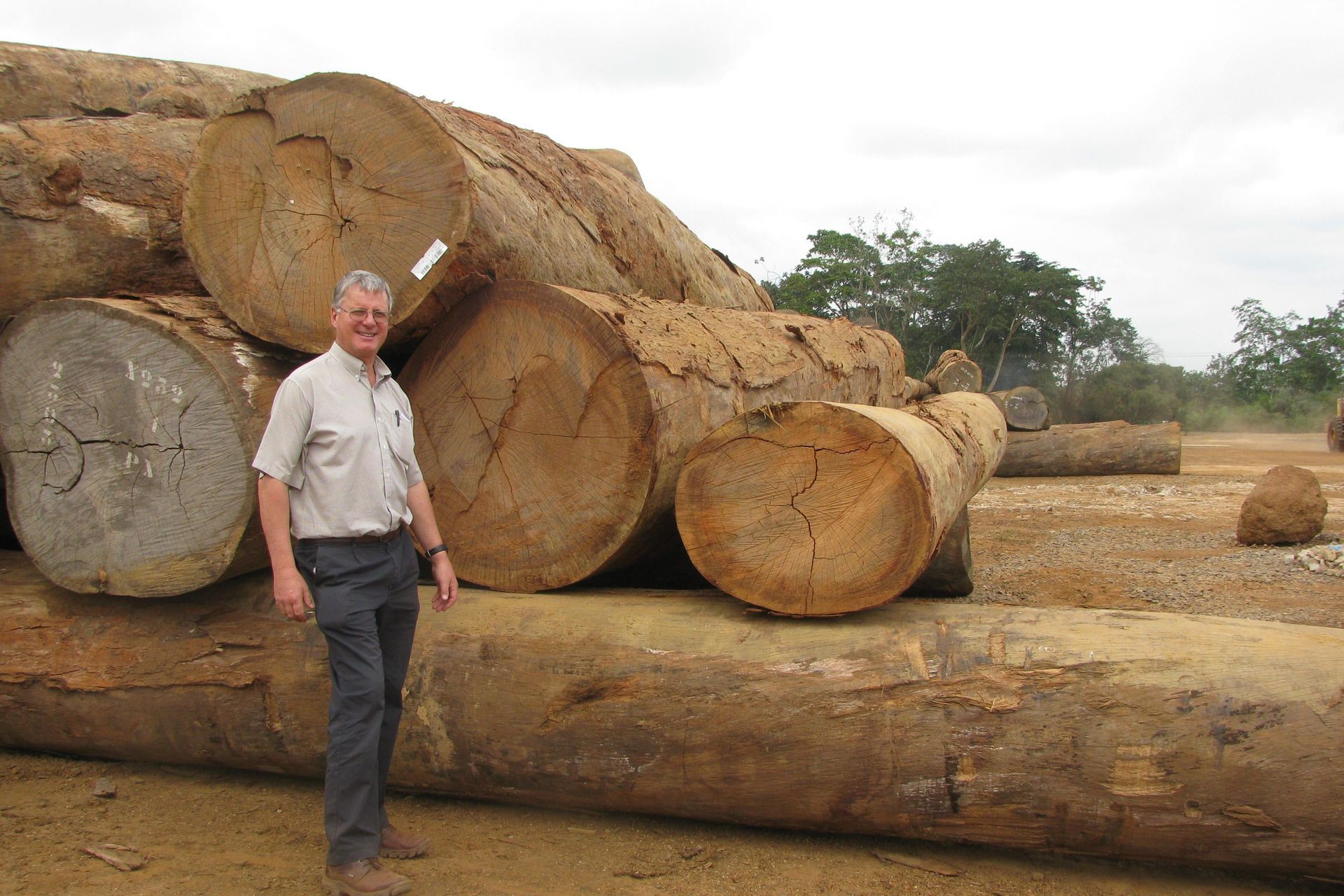
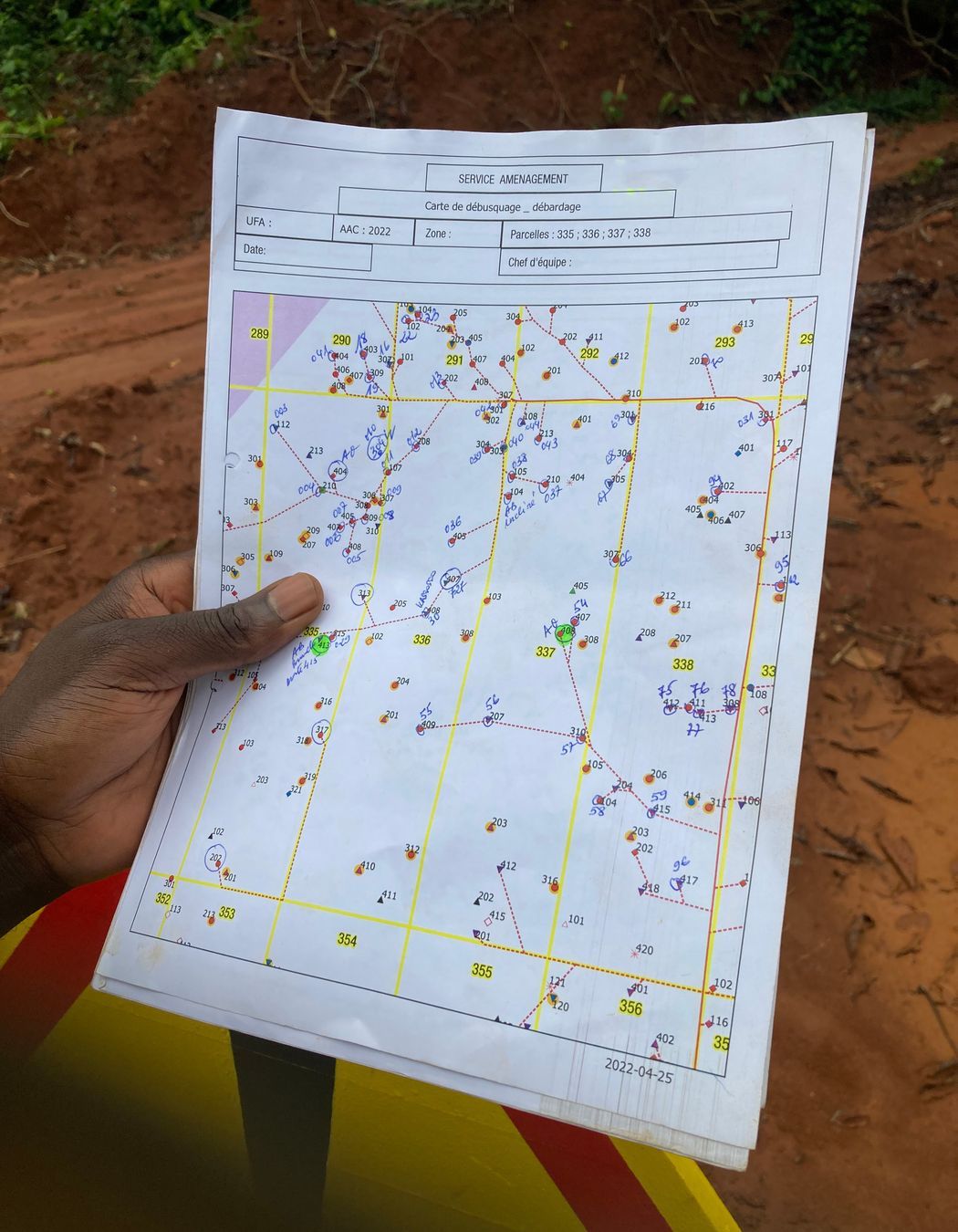
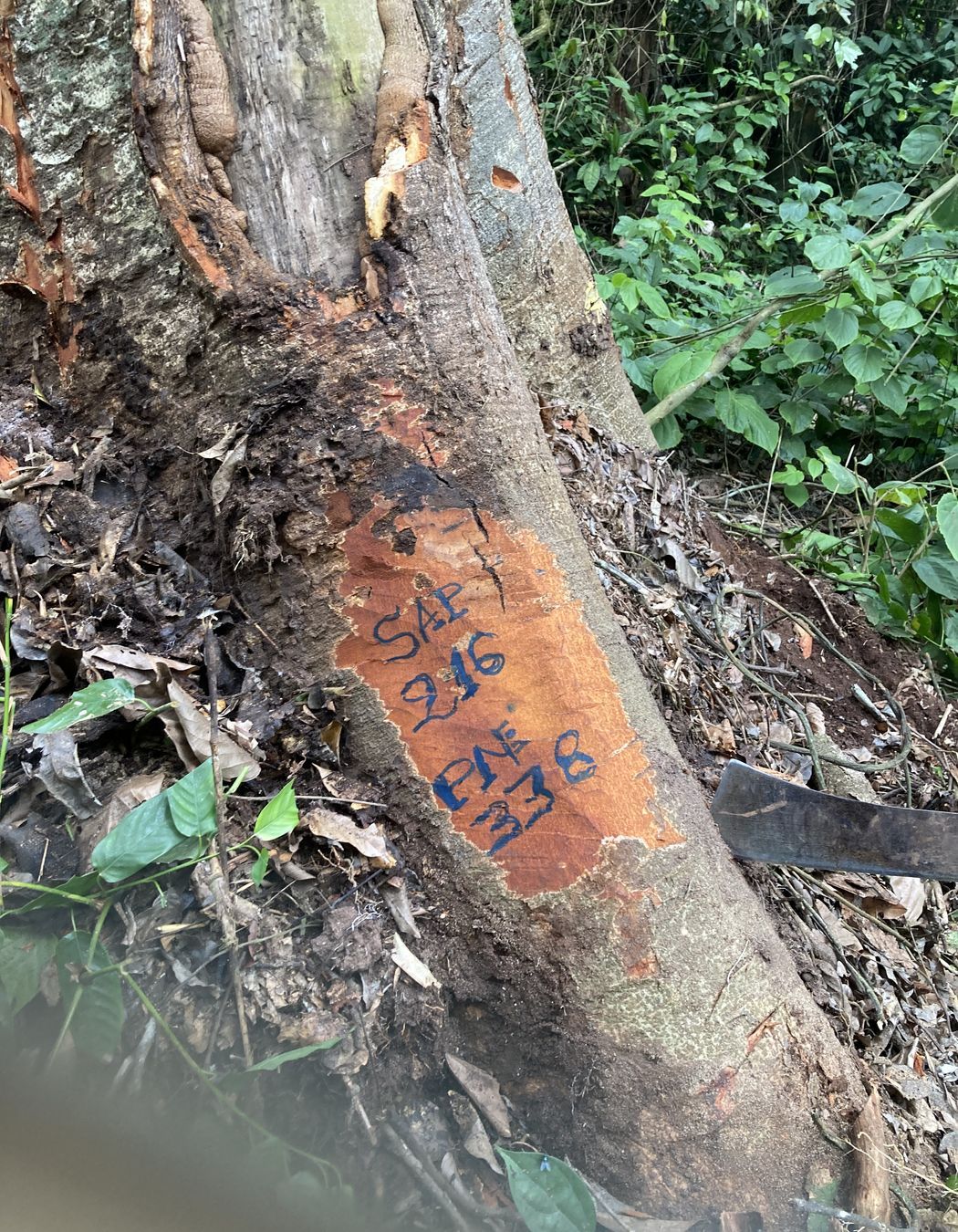
How do we know a forest is actually sustainable?
“In a word: Certification,” Scott says.
“Independent or third-party certifying schemes such as FSC (Forest Stewardship Council) and PEFC (Programme for Endorsement of Forest Certification) have social, economic, and environmental criteria that are audited independently and regularly. Certification requires constant measurement and review. The forest owners will adopt RFM (Responsible Forest Management) practices establishing logging rotations that take about 4 or 5 stems per hectare per 35 years, and engage in minimum impact logging techniques, to ensure a secure regenerating forest.
"Social fundamentals such as housing, water quality, medical services, and security are also standard criteria to support flourishing communities, whilst economic requirements include the payment of fair wages, payment of government royalties, and reporting transparency. The Certificate of Compliance is critical evidence of certification. The difference between certified sustainable sawmills and non-certified sawmills is like night and day,” Scott explains.

We need to act now to save the forests
Now that we understand what the misconceptions are and where they originated, and that there are certified environmental options available for tropical species, Scott says we need to start shifting the way we source our timber to deliberately specify certified sustainable wood products to protect the viability of sustainable tropical forests.
“We need to act now to protect critical mass. Supporting and specifying sustainably harvested tropical timber and timber products is critical if the tropical forests of the world are to survive in perpetuity. Locking forests up is not the answer, particularly in tropical countries where creeping forest degradation can steadily eradicate whole forests and the biodiversity within. To walk away from tropical forestry is to walk away from the forest, and the forest communities, leaving them to a very uncertain future and the rich biodiversity that remains.”
Creating value brings protection
Having achieved sustainability certification, tropical forest owners and producers have invested massively in plants, infrastructure, and people, and by doing so have created huge value – which they then must actively protect from threats such as illegal loggers, poachers, fire, and other threats. By creating value, the forest owners can extend the sustainability programme to include animal and plant research and protection – everyone benefits.
Working with a business, like JSC, that is truly passionate about the issue and has done its due diligence is a great way to support this cause. One way that JSC ensures the timber they’re sourcing is sustainable and will have a positive impact on both the environment and local communities is by partnering directly with third-party certified forest owners in the country of origin.
After doing the appropriate due diligence, JSC sources their hardwoods and softwoods from highly reputable third-party sustainably certified producers who meet the criteria laid down by the FSC and PEFC schemes. To guarantee all is above board, JSC ensures traceability in its supply chain by following the strict Chain of Custody management required by the schemes. Regular visits to the forest concessions of Cameroon, Gabon, Congo, and Brazil keep JSC informed and reassured that certified responsible forest management is actively in place and under audit.
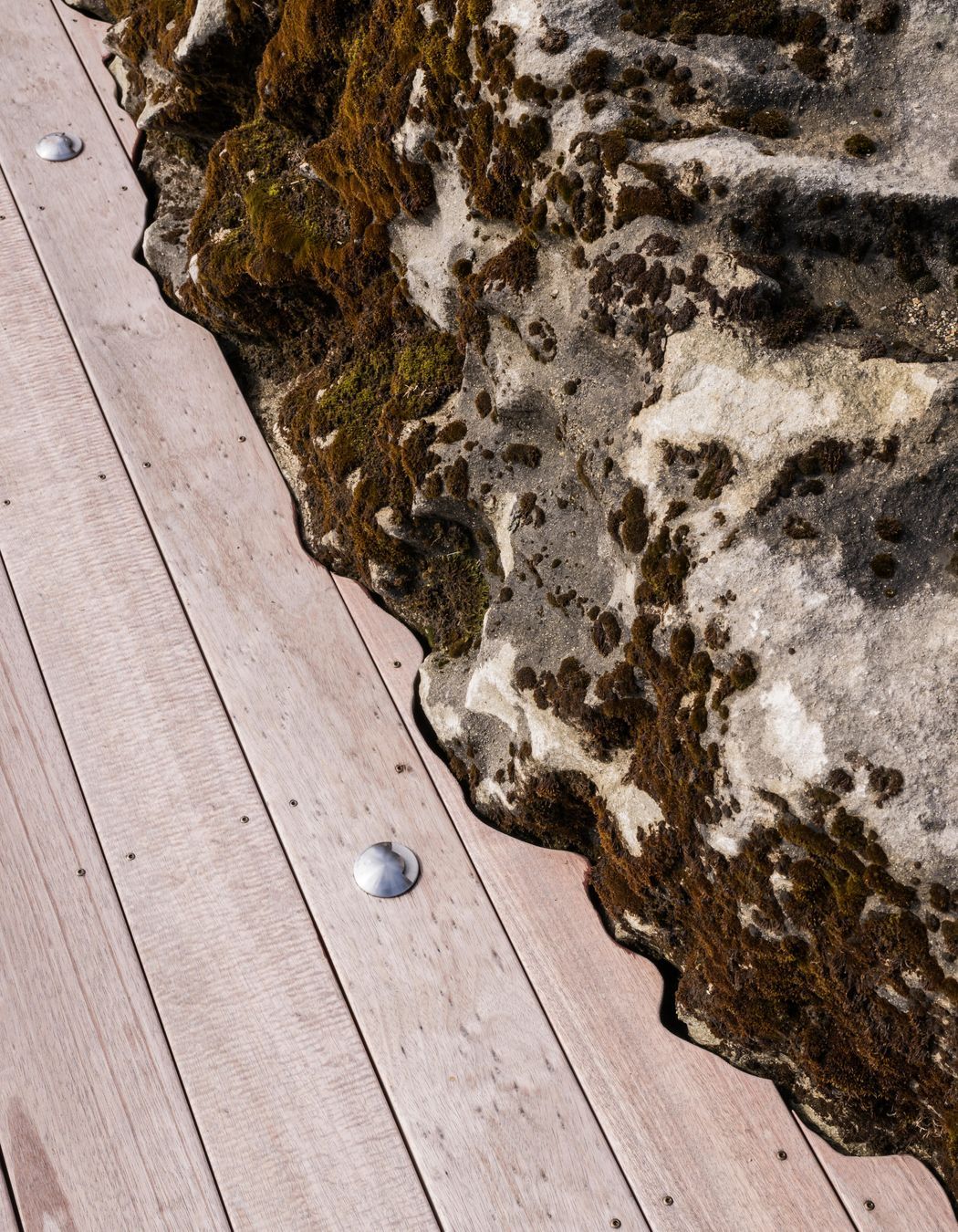
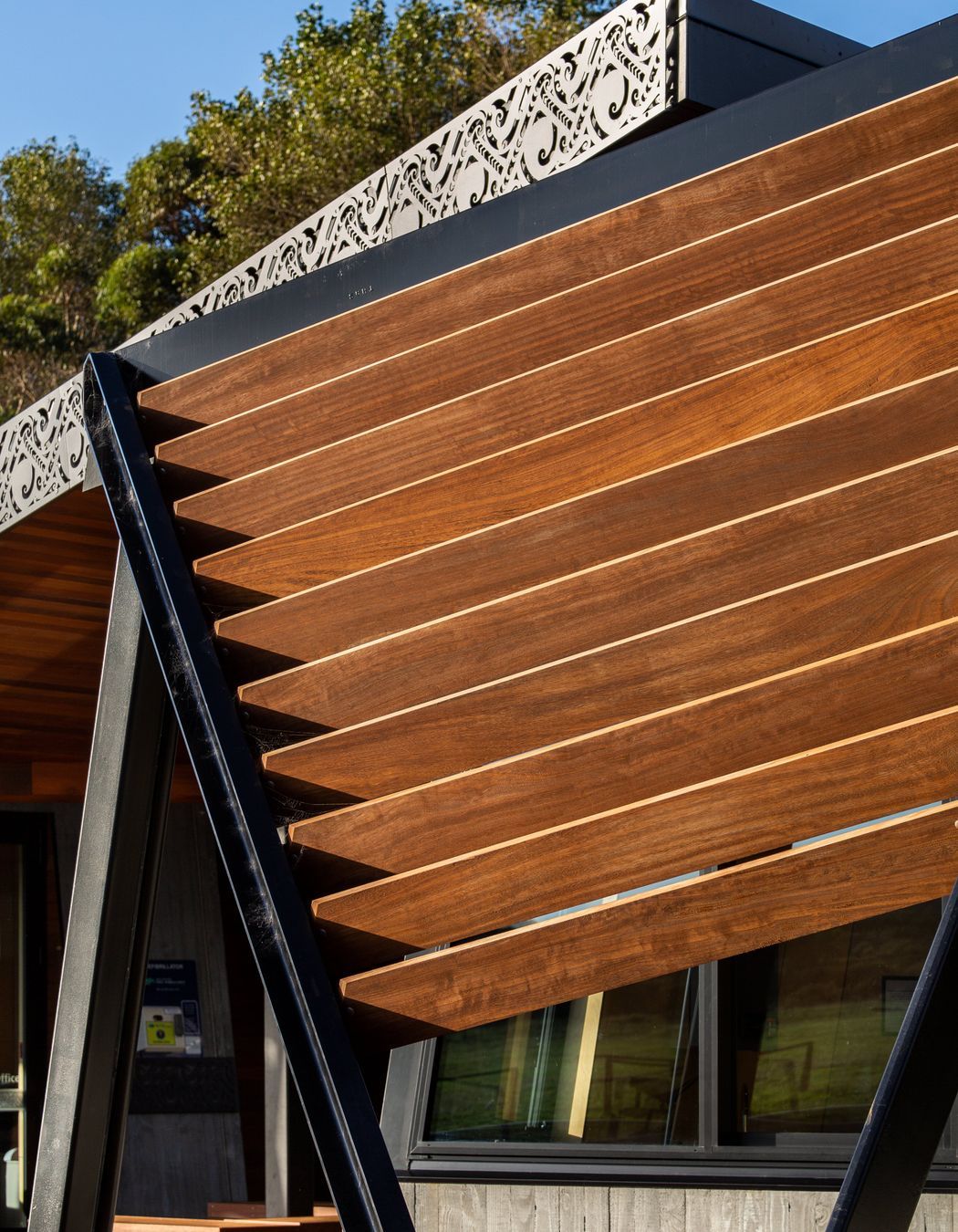
We need to act now to save the forests
Now that we understand what the misconceptions are and where they originated, and that there are genuine certified sustainable options available for tropical species, Scott says we need to start shifting the way we source our timber to deliberately specify certified sustainable wood products across the board.
“We need to act now to protect critical mass. Supporting and specifying sustainably harvested tropical timber and timber products is critical if the tropical forests of the world are to survive in perpetuity. Governments and professional forestry organisations agree that locking forests up is not the answer, particularly in tropical countries where creeping forest degradation can steadily eradicate whole forests and the biodiversity within.
"To walk away from tropical forestry is to walk away from the forest and the forest communities, abandoning them to almost certain degradation and decline. We have an obligation to support certified sustainable forests and sustainable communities, particularly in tropical countries where many millions of people rely on the forest for their survival. Closure is not an option!”
The benefits of tropical hardwoods
JSC has over 100 years of expertise in Class 1 and 2 tropical hardwoods — timbers known for their durability, strength, and long lifespan. It’s these attributes that make them ideal for a variety of structural projects in New Zealand.
“These timbers are ideal for decking, landscaping, boardwalks, wharves, cross arms, bridges, poles, and piles where physical resilience to harsh conditions is essential,” Scott explains. They can also look rugged, sophisticated and beautiful as well in the form of flooring, panelling, plywood, and furniture. Species such as Sapele Mahogany, Okoume (Gaboon) and Ebony are less durable but have long been used in the New Zealand industry.
The wood’s natural resistance to decay, moisture, and insect attack makes these timbers a reliable option for both residential and commercial applications, plus they require minimal maintenance over time which means you can avoid the use of man-made chemicals.
JSC also offers larger end sections (beams/piles) and has many different species available, both tropical and non-tropical, meaning you’re spoilt for choice on both industrial and residential projects. For briefs that require custom cuts, Scott says JSC has its own in-house milling, manufacturing and coatings factory, so they can meet virtually any design criteria.
If you’re considering a tropical hardwood for your project, Scott offers the following advice.
“Plan ahead, and discuss your project requirements with a specialist supplier like JSC who can advise on the most suitable species for your specific needs, whether it's durability, strength, aesthetics, or general long-term performance. Of course, it will be certified sustainable!”
Learn more about JSC.
JSC’s FSC Licence Code - C003608